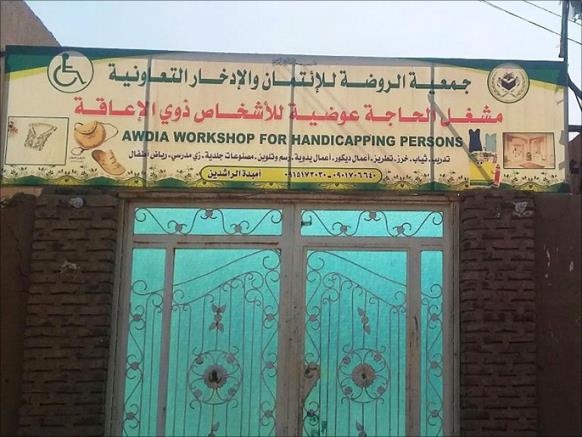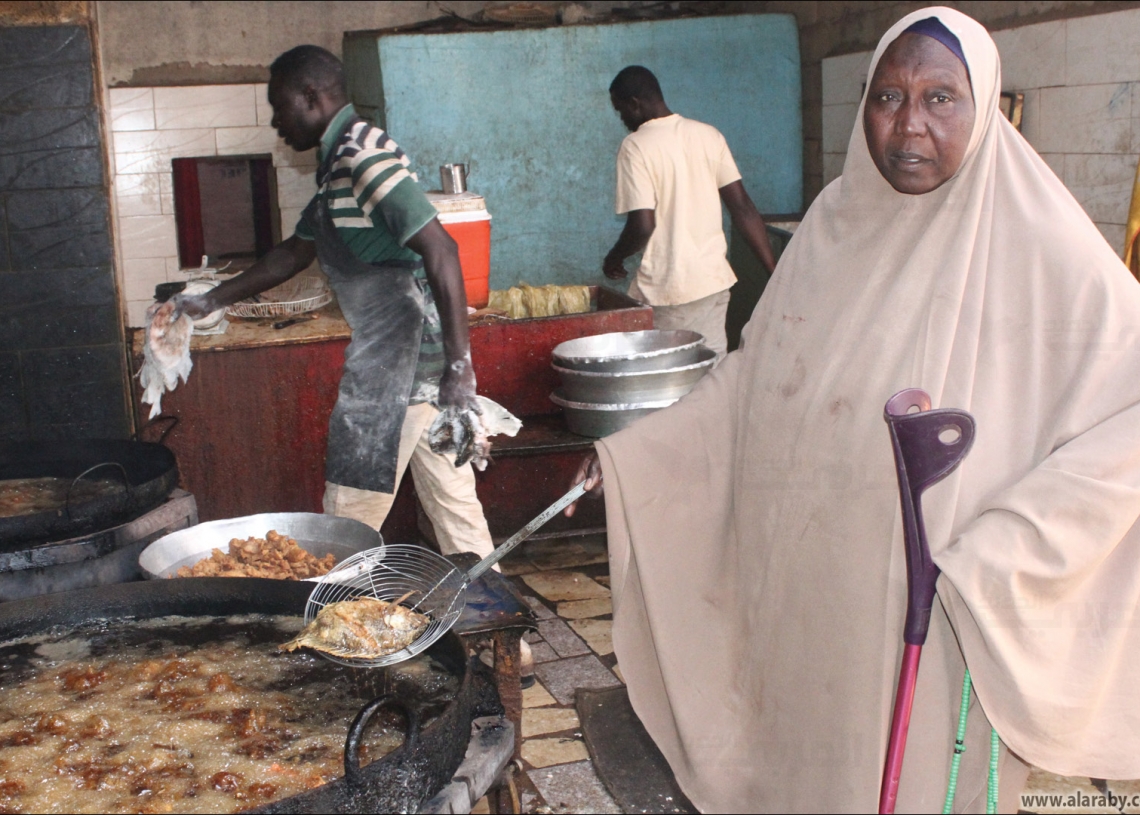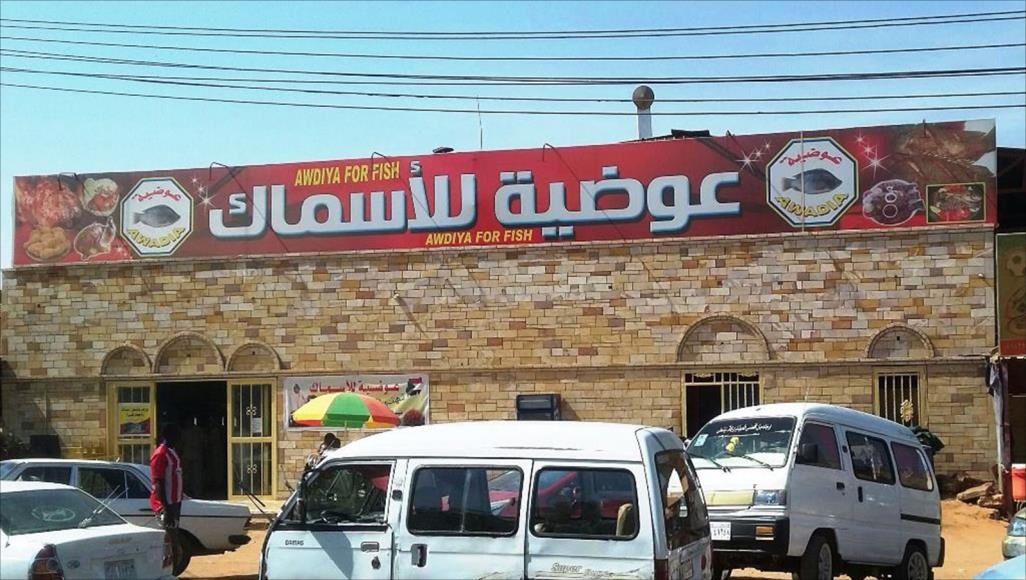
Khartoum: Hossam El-Deen Mirghani
Under a shady nim tree (Indian Lilac)near the Nile Street in the historic city of Omdurman, Sudan, Madam Awadhiya Abdo had been sitting for hours resisting the blazing sun, her disability and the chases of the public order forces that prevented the sale in main streets. ٍShe used to present Minted tea and coffee made with love to all including the penniless who could not pay in return. At that time she did not expect that the Nile, which runs next to her selling place, would be a source of a broad fare earned income along all the coming years.
Awadhiya Abdo, who is Nubian by origin which belongs to the Nuba Mountains region in South Kordofan, was displaced with her family a few years ago to one of Omdurman’s peripheral sides fleeing the warfare and its dreadful incidents. Then she moved to live in the Al-Daim neighborhood in central Khartoum. Awadhiya, in the early fifties of the last century, was Polio stricken when she was two years old and after a period of medical , conventional and herbal treatment, the disease was limited to lameness of her right leg. She tried several marginal professions to help her husband before she decided to sell tea on the Moarada beach in Omdurman, the fishermen’s central market.
In a few years’ time, she turned to cook the food for the fishermen providing them fish meals for cheap prices.
New fish restaurant
The long way to the richness in which Awadhiya lives now, was not an easy path. For example she was expelled several times from the houses that she rent to prepare fish meals, before moving 23 years ago to her current main restaurant at Al-Mawrada neighborhood in Omdurman. After years of hard working she was able to purchase the place paying a large sum of money to build the largest fish restaurant in Sudan . Its daily revenue exceeds one hundred thousand pounds ($ 10,000).
Awadhiya Samak (which means Awadhiya Fish) provides more than 60 jobs for youth from both sexes in her restaurant. She also provides a number of free meals for the homeless, the unbeging needy and the poor whom she assigned a specific place for them to have free meals in the restaurant. This is not all. She also , some years ago, established a workshop to teach sewing crafts to women with disabilities and widows. The workshop trained more than two thousand women since its opening . Due to her lofty prestige in the society, the state has honored her more than once.
She is regarded among the civil entities which participate to resolve disputes and offer reconciliations in tribal issues between clans and tribes in all parts of the Sudan.
The Fish seller virtual bestowals were not bound only to training women in sewing and tailoring crafts , but it opened a free kindergarten to teach poor children, in addition to employing poor students in her restaurant to help them afford their education fees and she adhered the costs of circumcision of more than 3 thousand children during the past years. She, too, supported the maintenance of a number of classrooms in poor city neighborhoods and provided microfinance For a number of poor families without a profit margin.
The former Sudanese President, Omar Al-Bashir, awarded Awadhiya Excellence Medal of the First Class, and she was nominated for the ideal Arab Mother Prize in Kuwait, honored more than once in the activities of International Women’s Day in Sudan.
To illuminate a luminous storyline of a struggle that culminated in its entry into the business world, it is undoubtedly an inspiring story for women and men entrepreneurs.

















